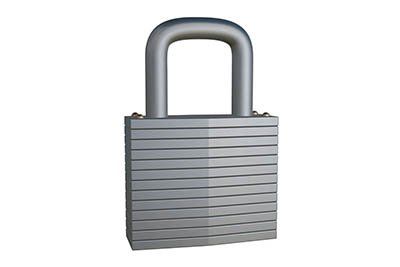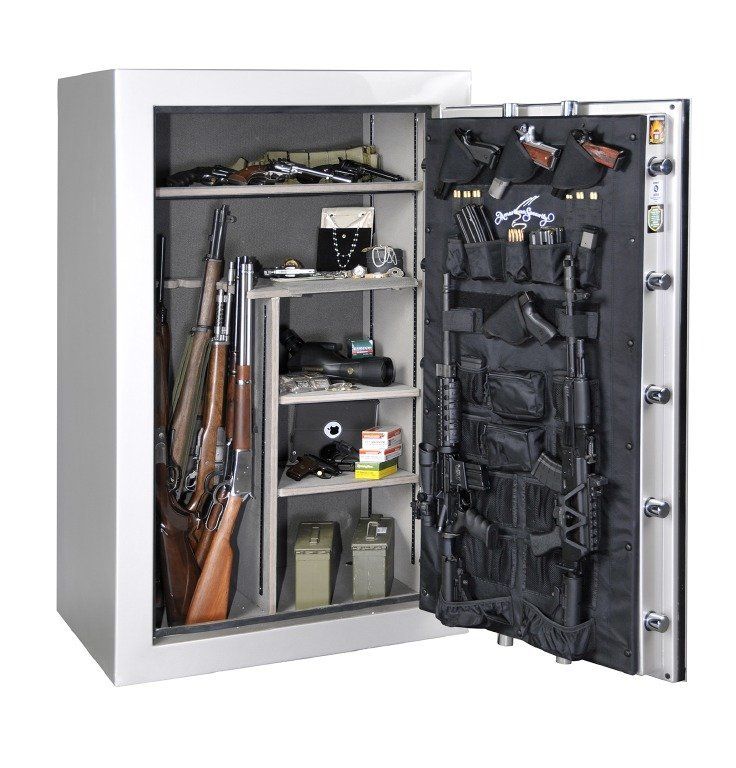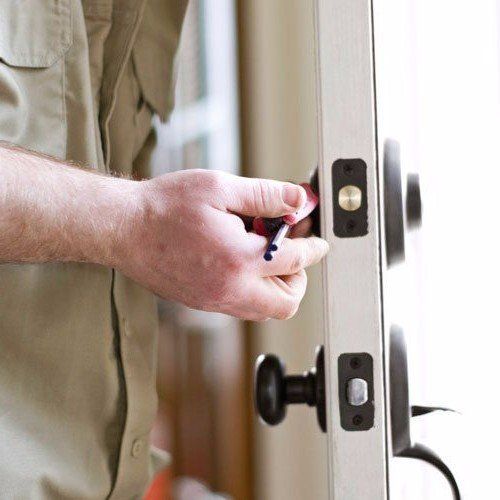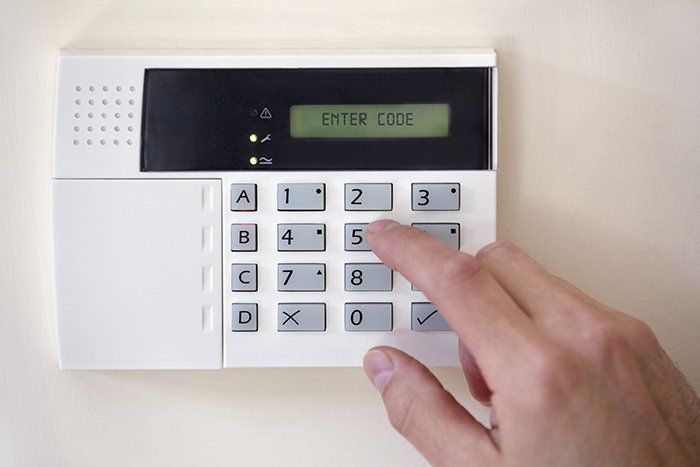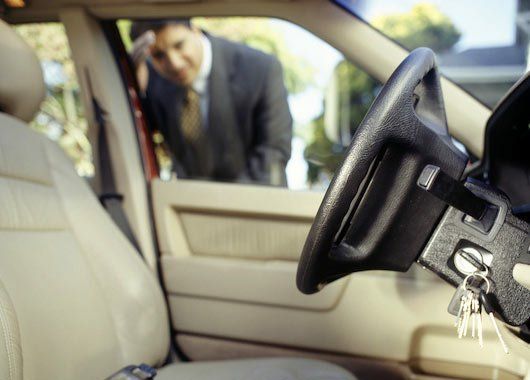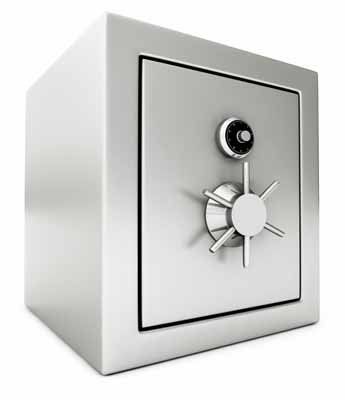"Key" Signs It's Time for New Locks
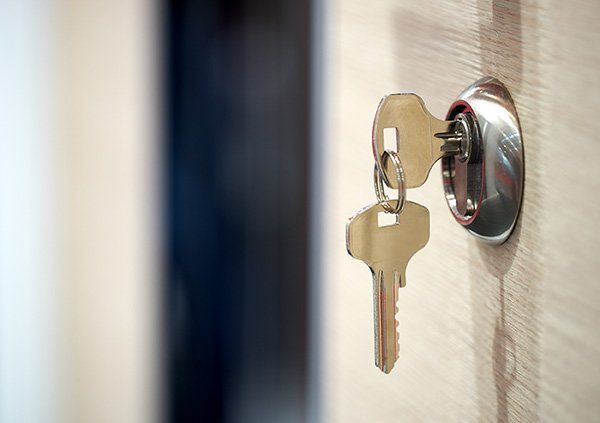
A quality lock can last for decades, but there are situations where you may want to install new locks. In a previous blog, we discussed the importance of replacing your locks if they are no longer aesthetically pleasing or if they're worn out and not keeping your home safe. Today, we're going to look at some other "key" situations where you should also think about adding new locks.
1. Moving Into a New Home
For the sake of security, you should always put in new locks when you move into a new home. The previous owners may have an old key, not to mention keys that they may have given their friends, children or others in their lives.
If the home was on the market for a while, it likely had a lockbox on the front door with a key inside of it. Anyone could have made a copy of that key. That includes real estate agents, contractors and anyone else who accessed the home during that time.
Note that if you are a renter, you generally need permission from your landlord to put in new locks. Also, if you are allowed to put in new locks, you may be required to give your landlord a key.
2. Letting Go Personal Staff
If you have recently let go of personal staff such as nannies, housekeepers or others, you should also think about putting in new locks. This is especially important if you didn't get a key back from that individual. It's even more important if you suspect that individual of stealing in the past or if they left on bad terms.
3. Repairing Damaged Locks
If your locks are damaged, they may refuse to lock and your keys may even stop working. You can replace damaged locks if you like, but if you really like the look of those locks, you may want to talk with a locksmith about rekeying.
The rekeying process can address issues with the cylinder or chamber, and the locksmith can also oil the lock to improve functionality. The rekeyed lock only works with new keys, and as a result, it has the same effect—from a security perspective—as putting in new locks.
4. Upgrading to Electronic or Biometric Locks
If you're tired of your old keyed locks, new locks are the perfect way to upgrade. Electronic locks allow you to open the door with a code, so there's no reason to worry about lost keys. If someone ever has a code and you don't want them to be able to enter your home, you can just change the code. For a more personalized option, consider biometric locks that you open with a fingerprint.
5. Changing to Security-Focused Locks
If security is your main goal, there are security locks that snap a photo anytime someone opens the door. You can also use unique codes for different people to make it easier to track who's coming and going. Finally, there are even locks that connect to an app on your phone. Forgot to lock the door? No problem — do it remotely with your phone.
You can also upgrade to more conventional locks that improve security such as deadbolts or chain locks, or you can make other changes such as putting in metal door frames.
6. Increasing Accessibility
Finally, in some cases, you may want to change locks for personal health reasons such as arthritis or other similar issues. If you have door knobs with locks, you may want to switch to levers. They don't require you to grip them. Similarly, with deadbolts, you can switch to thumb turns. You simply move them with your thumb rather than by grasping the lock.
If you're ready to put in new locks, give us a call. At Whitley's Lock & Safe, we get the job done right. Let's talk about your new locks today.
